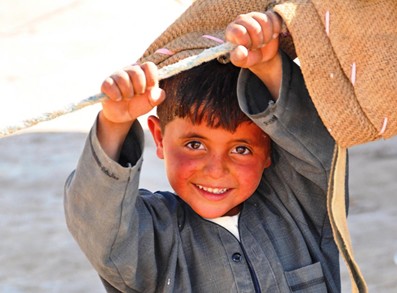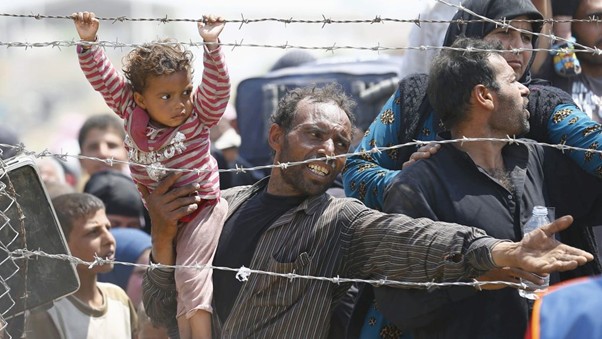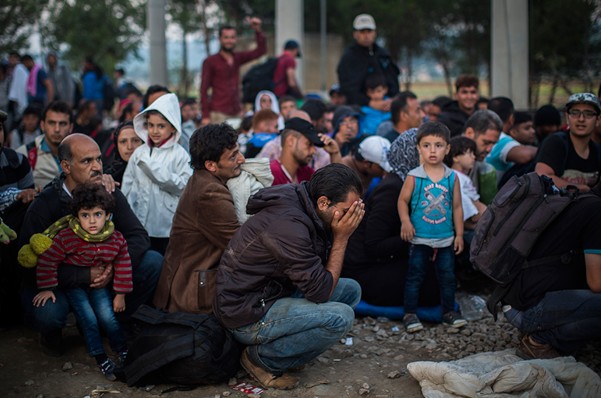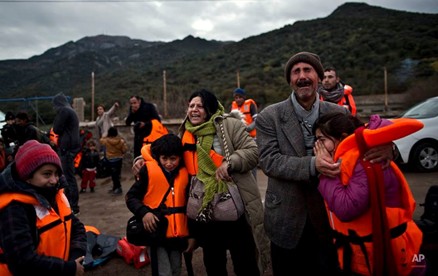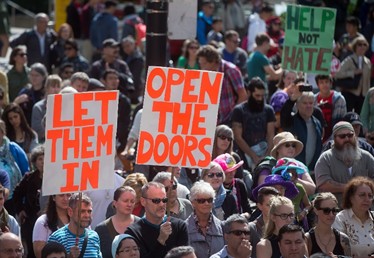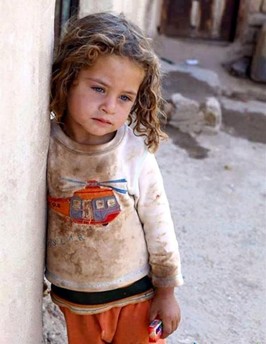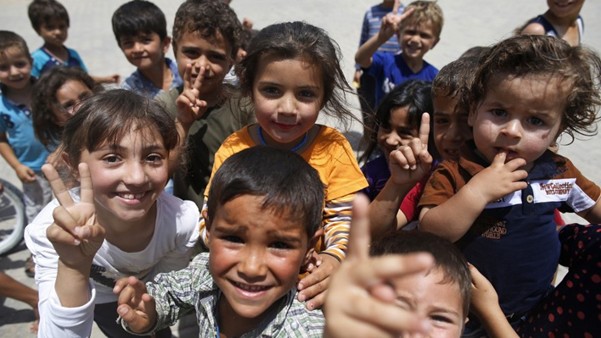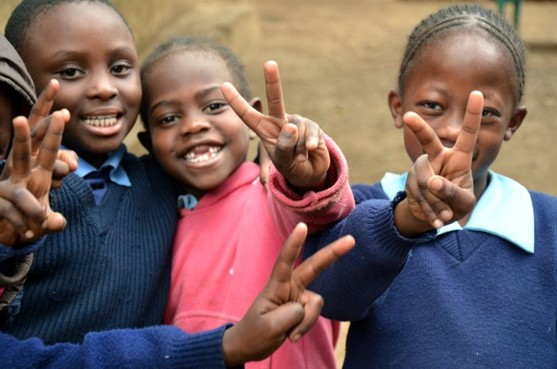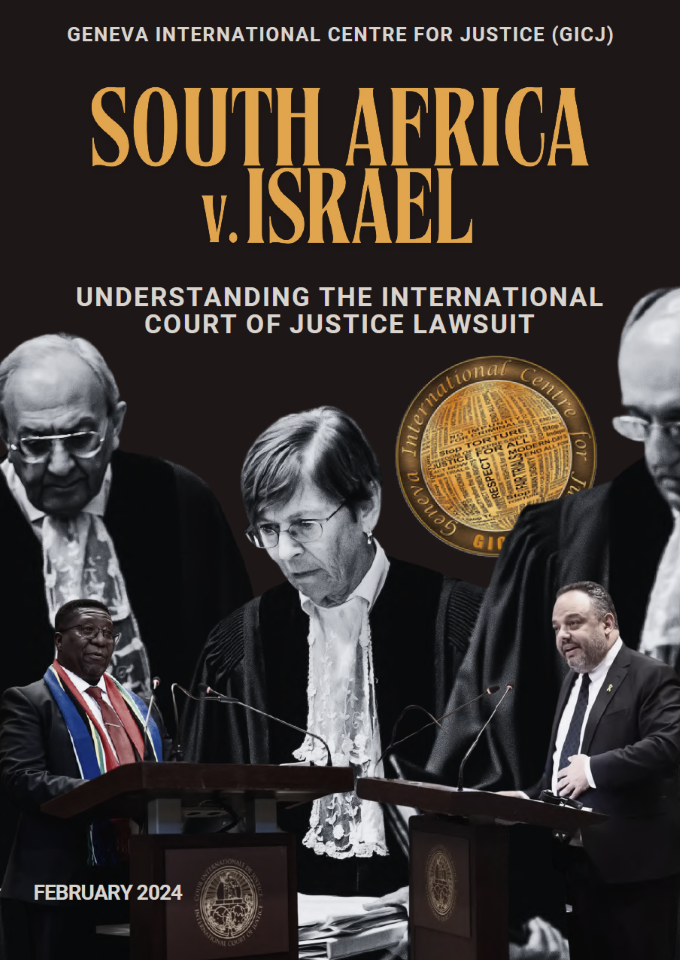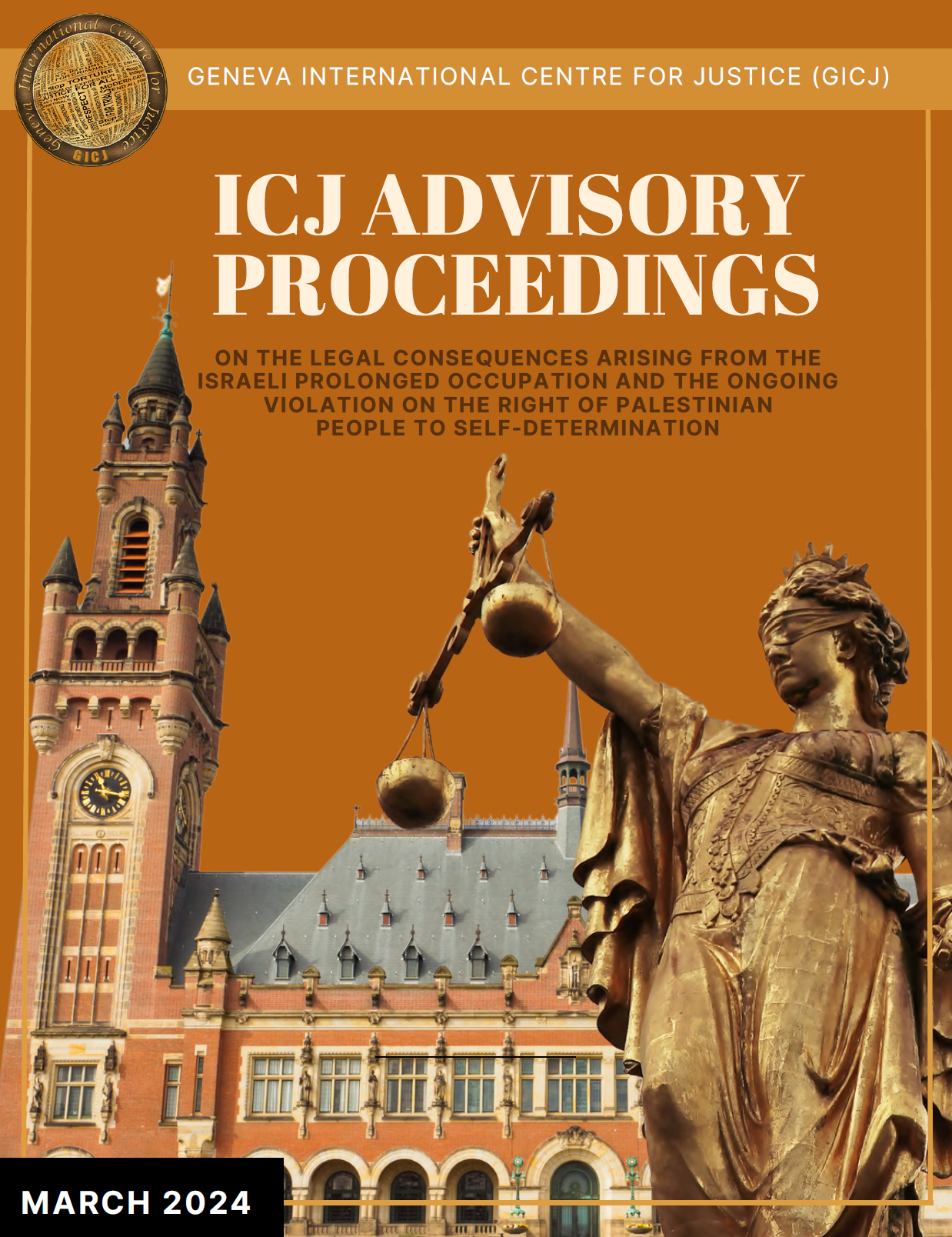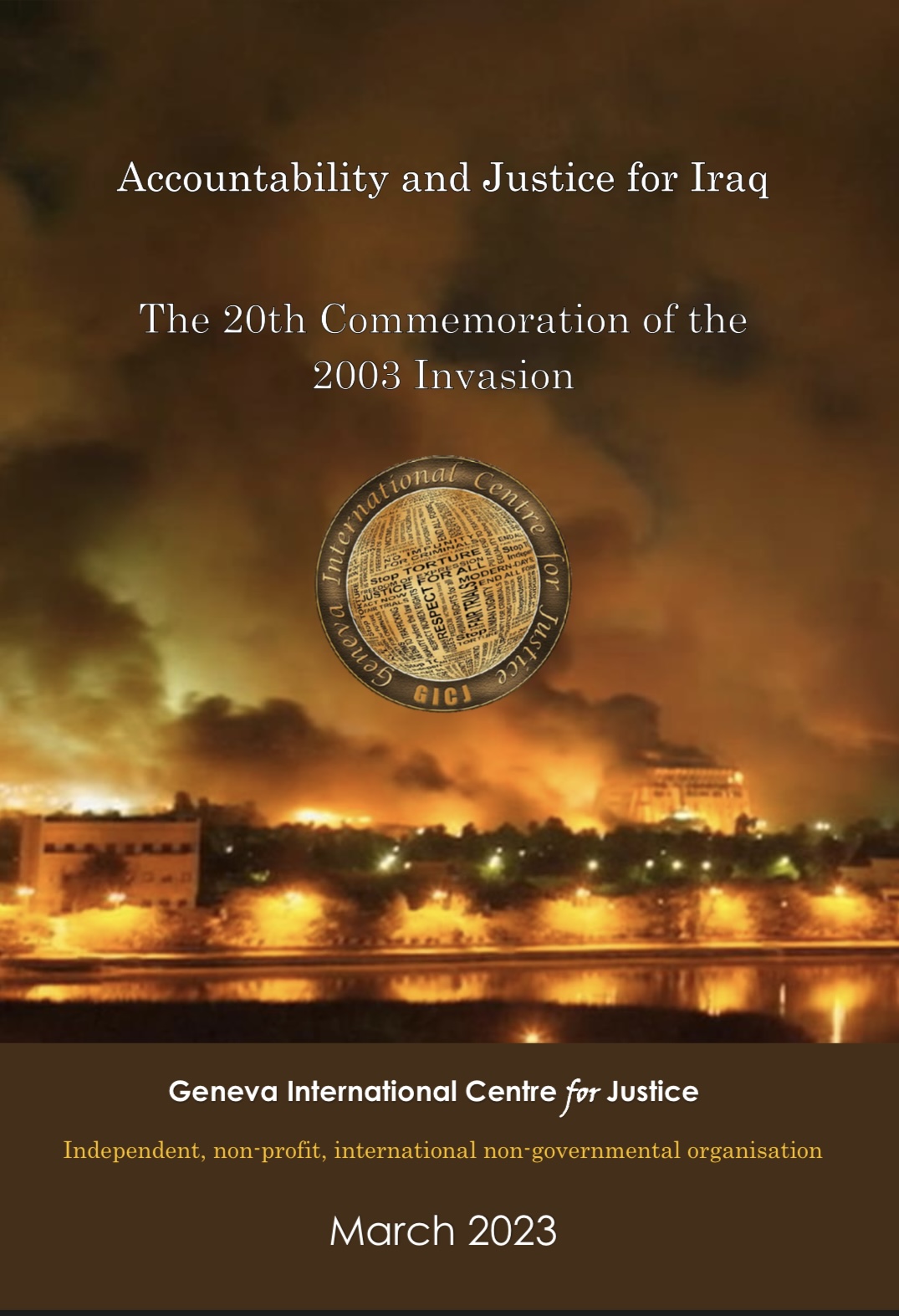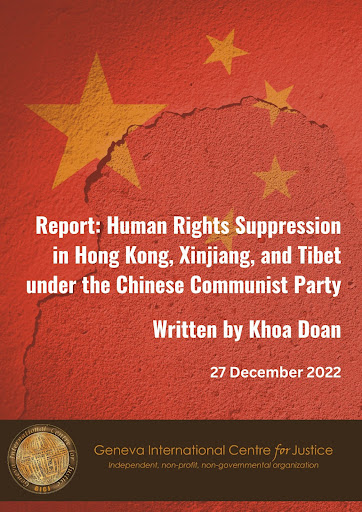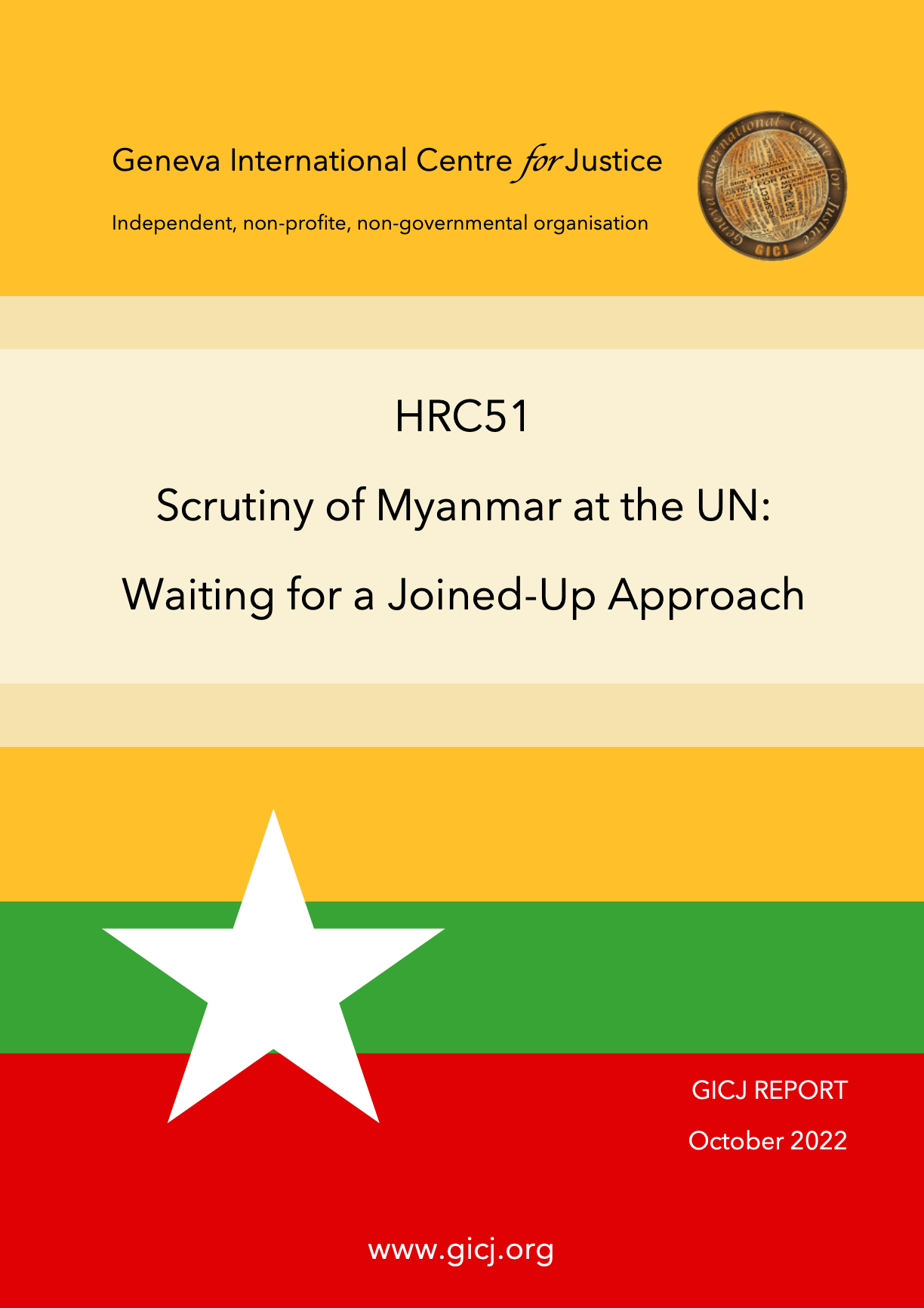By Jennifer Tapia Boada
The Day of Peace in the Context of Armed Conflict.
The International Day of Peace1, observed on September 21 of each year, seeks to put an end to the permanent suffering of innocent civilians that are trapped in armed conflict and exposed to hazardous circumstances, such as sniper activity, unexploded landmines, sieges, aerials bombardment, etc. In addition to that, during armed conflict, innocent civilians are continuously subjected to a series of human rights abuses committed by all parties: enforced disappearances, arbitrary detentions, torture and summary executions, being the most common practices. However, all the perils and human rights abuses are not the end of the story for these unfortunate civilians. To aggravate the situation, there are also terrible consequences to their quality of life. The widespread fear and insecurity generated by armed conflict cause immense waves of internal displacements and refugees. Unfortunately, due to their vulnerable and desperate conditions, these people also suffer from other perilous situations, sometimes falling into the hands of migrant-smuggling networks or human trafficking criminals. To make matters worse, most of the times both internally displaced persons and refugees cannot return home for extended periods of time, leaving their whole lives, projects and dreams behind. For these reasons, this year, the international day of peace focuses on promoting the support for refugees and migrants fleeing after months or years of extreme suffering caused by armed conflict.
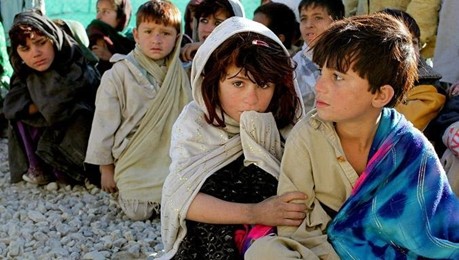 |
www.impakter.com During conflicts, children are the most affected by violence. Many of them lose their families. Their risk of suffering grave human rights violations is incredibly high. |
|
blogs.worldbank.org |
On this international day of Peace, Geneva International Centre for Justice (GICJ) seizes the opportunity to underline the 33th anniversary of the General Assembly Declaration on the Right of Peoples to Peace2, which since it was proclaimed, has sought to strengthen international security; restating the United Nations commitment to the purposes and principles on which the Organization was founded. The Declaration on the Right of Peoples to Peace acknowledges that life without war is the fundamental requirement for the development and progress of a State and society, and it states that all peoples have the sacred right to live in peace. for the full enjoyment of all human rights.
According to the Global Peace Index 20173, only 12 countries out of 163 ranked thereto, are considered to be free from conflict. Worse still, 32 countries are placed as the least peaceful to live due to ongoing conflicts, being Syria, Afghanistan, Iraq, South Sudan and Yemen at the very bottom of the ranking. During armed conflicts, combatants constantly target civilian infrastructures as a strategic target.
|
www.amnesty.ca |
Women suffer abominable atrocities, and sexual slavery of woman is used as an arm of humiliation and to impose fear. Likewise, armed conflict separates children from their families and therefore they are most vulnerable to suffer from starvation and malnutrition. On the other hand, safe drinking water often becomes a scarce resource in areas with large numbers of landmines, increasing the risk of waterborne diseases. For civilians living in these terrible plight, life turns into a daily struggle to survive. In many cases, civil war and internal turmoil have become an everlasting situation, so their hopes of having a peaceful, safe and dignified life again, have crumbled. Refugees and internally displaced persons are not only the symptoms of war, but they depict the horrid consequence of the colossal waves of violence, which in many cases is motivated by the fight for power that also includes the intervention of international coalitions.
Refugees and Migrants in a progressively Intolerant and Indifferent World.
The conditions of armed conflict, along with many other economic, social, cultural and political limitations caused mostly by poverty levels, labour shortages and internal turmoil; are the cause for millions of people around the world taking the courageous decision to seek for more dignified lives in foreign lands that can offer – or at least they think can offer- greater security and well-being. In this sense, GICJ asserts that the instinct of movement is natural in all human beings when the living conditions are not adequate. Throughout the history of man, people have always been in movement across territories and borders, and it is because of this instinct that globalization has progressively emerged.
|
Reuters/Umit Bektas (www.qz.com) |
Based on recent data of the United Nations Department of Economic and Social Affairs, there is an estimated 243.7 million migrants living in foreign countries. Additionally, as reported by the United Nations High Commissioner for Refugees , there are over 22.5 million refugees worldwide. Every day, more than 28 thousand people are forced to flee their homes because of conflict and persecution. Paradoxically, the more humanitarian crisis increases, the more the populist extremism tendencies, as well as high marked hostility towards refugees grow across Europe, in the main host countries for refugees5, and around the world.
|
www.nytimes.com Syrian refugees wait near the border railway station of Idomeni, northern Greece, |
GICJ would like to raise its concern not only on hate speech, which has been reflected on racist and xenophobic discourses made by some world leaders causing nothing more than the rise of violence and intolerance in their own societies; but also on anti-immigration and anti-refugee ideologies emerging in many countries, founded on a widespread dismay about the threat to
|
www.time.com |
jobs, and the belief that immigration, minority groups and diversity are a menace to national security and culture. This dismay is reflected by hostility, racism and even baseless accusations against refugees and migrants in the host countries, carried out both globally and in isolated cases.
In addition, there has being an increasing dread to terrorism in western countries, based on recent attacks carried out by terrorist groups (which have formed precisely amidst armed-conflict countries), that commit criminal acts in the name of faith and religion. This have caused the world to be even more reluctant to the acceptance of refugees coming from Islamic countries. While GICJ expresses deep solidarity to the victims of the recent detestable terror attacks across Europe and other western countries, and acknowledges that these have caused unbelievable suffering to the families and communities of the victims, GICJ notes that of the 34,676 people killed in terror attacks of last year, 19,121 correspond to North Africa and the Middle East, which represents a 55% of the total; whereas 1% corresponding to the western countries of Europe6. These statistics show the high death-rates of conflictive regions, caused by terror attacks, however, these are complemented by the high death rates caused by, inter alia, military and security forces’ attacks and shelling by the international coalition; not to mention the marred socioeconomic factors, creating an unbearable environment for civilians in conflict zones. In this sense, GICJ asserts that refugees coming from conflict areas, which are discriminatorily labelled as terrorists, are just normal -non-terrorist- people with children and families, who want and deserve to live in peace.
|
www.macleans.ca |
On one hand, hosting refugees and migrants can be economically beneficial to many countries. In the countries of Europe for example, hosting refugees and migrants could potentially reverse negative demographic trends of the population, if they are well integrated into the job market. Additionally, the integration of refugees in many countries can boost the construction industry and the level of investments in the local economy. Likewise, migrants also contribute to the global economic growth because the majority of migrants tend to send money back to their families in their home countries, representing a source of foreign exchange for developing countries. They also contribute in their host country by paying taxes, making social contributions and investing their money.
On the other hand, beyond offering benefits to certain economies, GICJ maintains that hosting refugees and migrants fleeing from war and conflict, is a moral and legal obligation to States. GICJ firmly believes that the humanitarian response to the dire plight of millions of people should not only be left to neighbouring countries, since the obligation applies to all States who had committed to a burden sharing principle and to the purposes and principles of International Human Rights Law7 and International Humanitarian Law8. Absurdly however, the heaviest burden of sheltering millions of refugees and the top hosting countries happen to be developing countries, such as Turkey (2,9m), Pakistan (1.4m), Lebanon (1m), Iran (979 k), Uganda (950 k), Ethiopia (792 k), etc. In this sense, GICJ firmly maintains that the international community should implement more effective measures in offering a humanitarian response to the atrocities of war, distributing cooperation equally.
Achieving Peace and Sustainable Development as a Fundamental Goal for all States
On this International Day for Peace, GICJ stresses that the 2030 Agenda for Sustainable Development , adopted by the United Nations General Assembly and by all 193 United Nations Members, is a plan of action intended for People; the Planet; Prosperity; and it seeks to strengthen universal Peace and to foster global Partnership. In this way, the 2030 Agenda for Sustainable Development is designed to foster peaceful, free-from-violence societies, and it clearly states that no sustainable development can be achieved without peace.
|
Syrian Children |
Additionally, the Sustainable Development Goals promote access to quality education for all people. However, the violence generated by armed conflict causes the destruction of schools and the displacement of children with their families, making impossible for them to continue their education. Moreover, prolonged conflicts put at risk the education of entire generations, making children unable to acquire basic skills to take part in the development of their countries, in the future. Without peace in the regions, achieving the sustainable goal of education turns impossible to reach.
While States work their way into advancing forward the compliance of the commitments on the Sustainable Development Goals, GICJ asserts that the international community needs to make more efforts to improve the situation of peace and security for people, by interconnecting all objectives and unfolding more effective strategies to: put an end to poverty in the world; promote global economic growth; make employment and decent work available for all people; reduce the high inequality among countries; and promote peaceful and just societies; while restoring global partnerships and cooperation.
|
Syrian children play at the Oncupinar camp , close to the border with Syria, in southeastern Turkey. |
Moreover, the Charter of the United Nations, adopted by the 51 original member countries in 1945 (and now ratified by all member states of the United Nations) as the constituent treaty of the United Nations, is determined to save peoples from war and to promote better standards of life. Likewise, the Charter affirms that one of the main purposes of the United Nations is to maintain peace and security, and to achieve international cooperation for solving international problems of economic, social, cultural and humanitarian character. In addition, chapter VII of the UN Charter establishes actions in response to threats and breaches to peace. Therefore, All Member States have committed to fight together and in mutual cooperation to take all necessary measures to achieve peaceful societies and quality of life to its people.
GICJ’s Position and Recommendations.
|
www.huffingtonpost.com |
On the International Day of Peace, GICJ calls on states, civil society and all people to reflect on the actions that can be taken to contribute on the construction of global peace. Let the fight for peace not be only a rhetorical, unreal, unattainable and burlesque ideal. May the search for peace be a journey that is meritorious of effort and hope. Let the fight for peace be a strengthening path for all communities, a path leading to empathy for the plight of the most unprivileged persons, irrespective of the country of origin, race, religion or any other distinction. May the international day of peace not be the only day where States are asked to cease fire. And let us make the day of peace to be the seed that grows compassion and solidarity in society.
However, achieving peace is not only our world leaders’ task and responsibility, but it concerns to all members of our entire society. May this day serve as a way to spread solidarity and hope. Achieving peace does not only require ceasing fire, it also require eradicating xenophobia and discrimination of any kind, as well as a persevering movement for human rights in the world.
In this sense, GICJ urges the International Community and developed nations to share the responsibility of hosting refugees and migrants as a demonstration of humanity and international solidarity. Likewise, GICJ calls on the States, civil society and academic institutions to support non-discrimination, equality, justice and dignity principles for those who are deprived of their sustenance; ensuring that everyone who is forced to flee their homes receive the protection to which they are entitled, under international humanitarian law.
Moreover, GICJ asserts that education to children about the value of tolerance and mutual respect is key for building a fair and inclusive world that embraces diversity.
Lastly, GICJ maintains that a definite solution to dire plight of refugees, migrants and internally displaced persons is to put a definite end to war, with the cooperation and willingness of the States and the international community as a whole.
1. The International Day of Peace was established in 1981 by resolution 36/67 of the United Nations General Assembly to coincide with its opening session.
2. http://www.un.org/en/ga/search/view_doc.asp?symbol=A/RES/39/11
3. http://reliefweb.int/sites/reliefweb.int/files/resources/GPI-2017-Report-1.pdf
4. http://www.unhcr.org/figures-at-a-glance.html
5. Hostility grows towards Syrian Refugees in Lebanon. Available at: http://www.reuters.com/article/us-lebanon-refugees-tension-idUSKCN1B8128
7. http://www.ohchr.org/EN/ProfessionalInterest/Pages/UniversalHumanRightsInstruments.aspx
8. https://www.icrc.org/eng/resources/documents/statement/6t7g86.htm
9. A/RES/70/1 adopted on 25 September 2015
|
Read online or download the full report. |
Day of Remembrance articles by GICJ:
|
|
|
|
|
|
|
|||||
| Literacy Day | Victims of Enforced Disappearances | Remembrance of Slave Trade and its Abolition | World Humanitarian Day | Day of World's Indigenous People | Day Against Trafficking in Persons |




